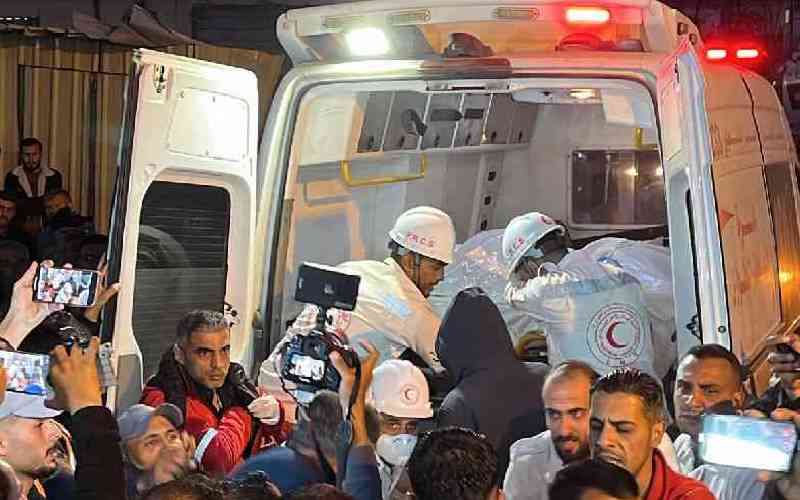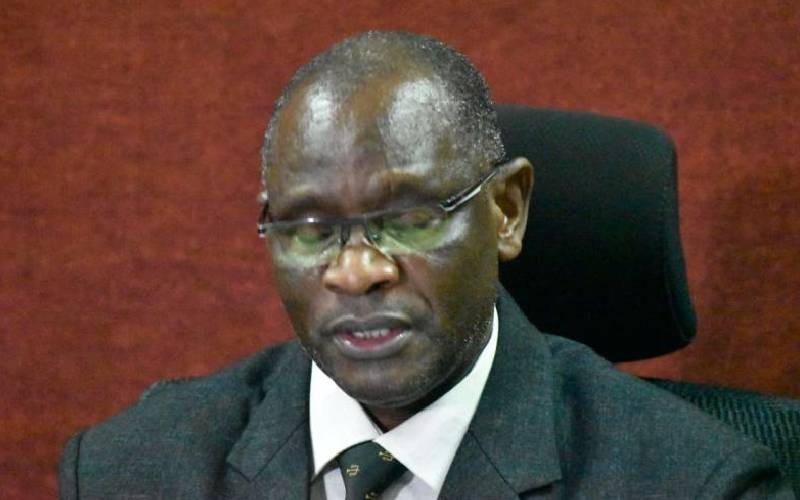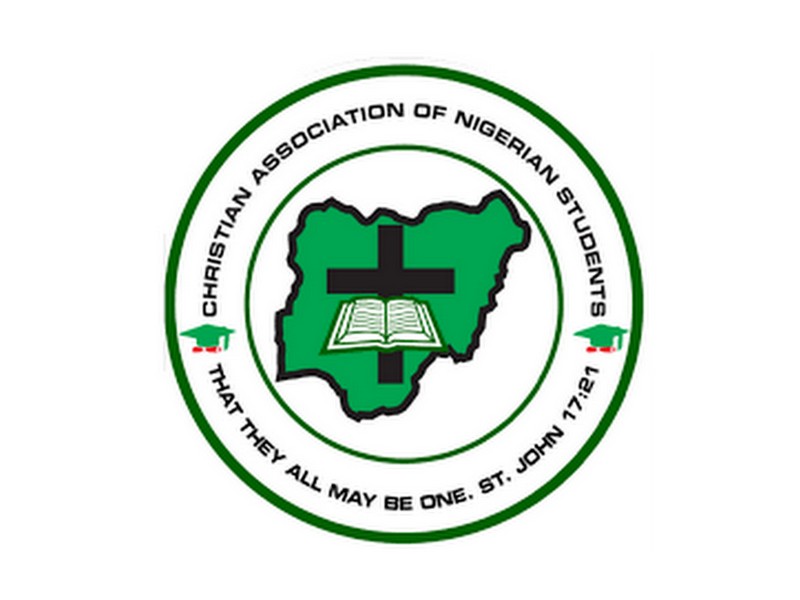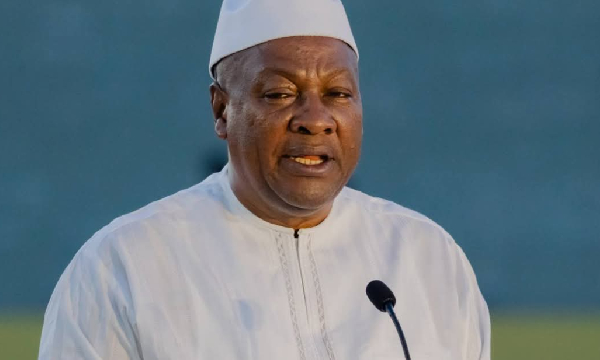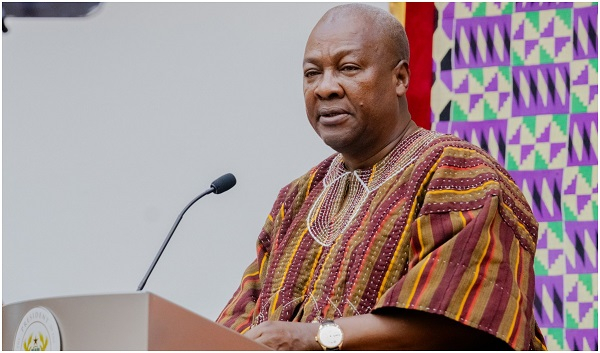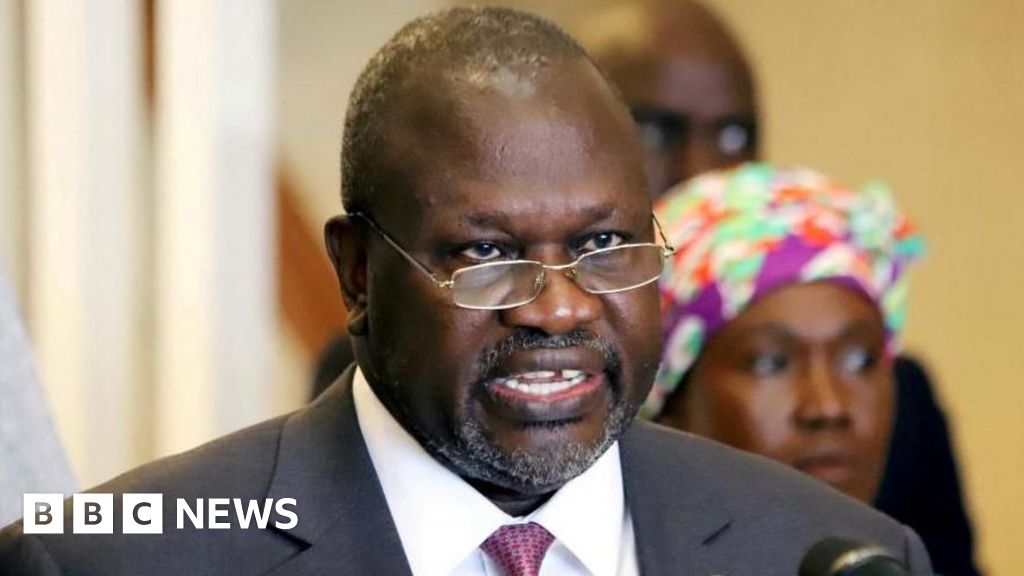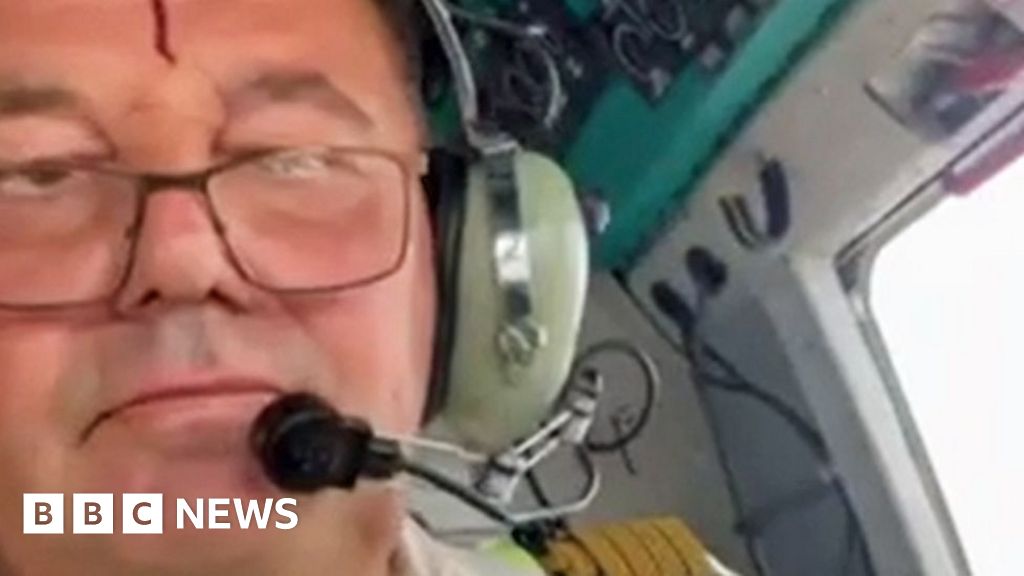South Sudan on the brink of another civil war
In South Sudan, the world's youngest country, a fragile power-sharing deal is teetering. On Thursday, the country's opposition said that the arrest of Vice President Riek Machar means that the 2018 peace deal that ended a brutal civil war had been invalidated.
The US embassy and other diplomatic missions have reduced their presence to a minimum. On Saturday, the German government temporarily closed its embassy in the capital Juba.
"After years of fragile peace, South Sudan is once again on the brink of civil war," German Foreign Minister Annalena Baerbock posted on social media.
Patrick Oyet, DW correspondent, described the situation as grim. "The military is patrolling the streets of Juba, people are afraid, there is no information from the government about the way forward," Oyet, president of the Union of Journalists in South Sudan, said.
"We have little hope that everything will be okay."
Richard Orengo, the country director of the International Rescue Committee (IRC), also fears a further escalation in South Sudan. "We are concerned that if the international community and neighboring countries do not defuse the situation in time, the situation can quickly escalate into a full-blown conflict that will exacerbate the current crisis we already have in the country," he told DW.
Over 50,000 people alone have been displaced since February. "South Sudan is on the brink of a humanitarian collapse," especially after US President Donald Trump cut off funding for foreign aid projects, Orengo emphasized.

The IRC has 56 nutrition stabilization centers nationwide, where acutely malnourished children are taken in, says Orengo. "If we close these centers, the children will die of malnutrition."
Last month, tensions between President Salva Kiir and his rival and acting deputy, Vice President Riek Machar, reached a climax. The country had enjoyed relative calm thanks to a peace treaty that was largely observed.
After a bloody civil war, the two leaders signed the peace agreement in 2018 and in 2020, forming a unity government, which was characterized by mistrust and instability.
Kiir, who heads the Sudan People's Liberation Movement (SPLM), has been president since South Sudan gained independence from Sudan in 2011. He appointed the former rebel leader of the Sudan People's Liberation Movement in Opposition (SPLM-IO), Machar, as first vice president in a unity government to bring stability to South Sudan.
However, the alliance is increasingly crumbling after Kiir dismissed Machar loyalists as part of a cabinet reshuffle this year. Kiir also dismissed the governor of Upper Nile state, who belonged to Machar's party.
In the north of the country, violence escalated between government troops and a rebel militia, the so-called White Army, which is allegedly allied with Machar.
In early March, the White Army overran a military camp in the Nasir district of Upper Nile state, on the border with Ethiopia and Sudan.

Most of the White Army fighters are said to belong to Machar's Nuer ethnic group, while Kiir is an ethnic Dinka. Machar's party denies any links with the White Army.
According to James Okuk, a political expert at the Center for Strategic and Political Studies in Juba, the disagreements are due to mistrust within the leadership of the two parties.
"The current conflict in South Sudan has its roots in the political, ethnic and socio-economic divide," Okuk told DW.
"The struggle for power and resources between the dominant ethnic groups has fueled the long-standing tensions. These are exacerbated by historical grievances and competition for control of the young nation."
Corruption, the lack of an effective government and weak institutions have plunged the country further into a cycle of violence.
To support him, President Kiir recently requested that Uganda deploy a special unit of troops to the capital, Juba.
The presence of the Ugandans has angered South Sudanese opposition parties, and this week Machar's SPLM-IO said it would partially withdraw from some of the security arrangements in the 2018 peace deal.
The situation in the country is "catastrophic", said Nicholas Haysom, head of the UN Mission in South Sudan (UNMISS). Efforts to negotiate a peace agreement are only possible if both leaders can "put the interests of their people above their own", said the UN official.
According to Okuk, a comprehensive approach is required for sustainable peace. "There must be a genuine commitment to an inclusive and transparent political process that takes into account different interests and ensures equal representation of all communities," he stressed, adding that restoring stability would require strengthening state institutions, promoting the rule of law and fighting corruption.
Okuk emphasized that the political leadership of South Sudan must prioritize national unity over personal and ethnic interests. "It must commit to an inclusive government, respect for human rights and the rule of law."

The people of South Sudan, including church leaders and civil society, should actively participate in the reconciliation process and demand more transparency.
However, greater efforts by the international community are already playing a crucial role in advancing the peace process. The United Nations, the African Union and regional countries are making numerous attempts at mediation
According to Ismail Wais, the Inter-Governmental Authority on Development (IGAD) Special Representative for South Sudan, IGAD has set clear goals to "de-escalate the crisis and prioritize the implementation of the peace agreement."
Among these, he mentioned the goal of unifying the army and implementing credible elections.
"We have no choice but to be optimistic, but optimism alone is not enough. We need to do more to achieve the goals we have set and we are ready to mobilize and engage the Sudanese to work with IGAD for peace and stability," Wais said.
Patrick Oyet in Juba contributed to this article
The article was originally written in German
Edited by: Chrispin Mwakideu

